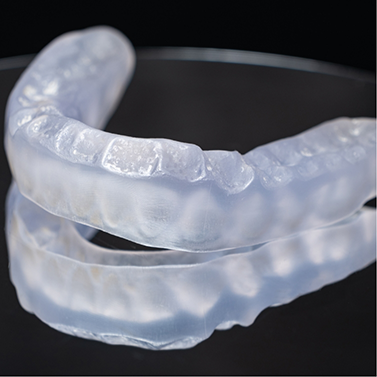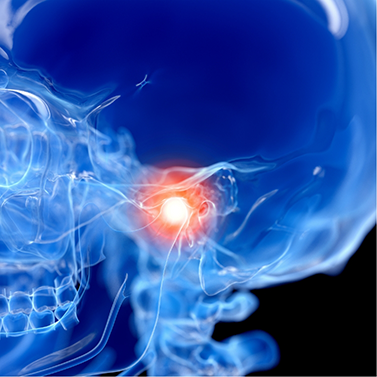TMJ Treatment Fremont
Long-Term Solutions to Ease Jaw Pain & Headaches
At The Dental People, we see countless patients who have TMJ disorder, which is a condition that can lead to chronic jaw pain, fatigue, and other secondary consequences, like bruxism (teeth grinding). Offering multiple TMJ treatment options in Fremont, we aim to reduce the tension and pressure on the jaw joints to make life more comfortable-- call our office today to start getting lasting relief.
Why Choose The Dental People for TMJ Treatment?
- Comfortable Environment & Judgment-Free Approach
- We Will Maximize Your Dental Insurance Benefits
- Multilingual Dental Team (Hindi, Telugu, Spanish, & Tagalog)
Signs You May Have TMJ Disorder

If you’ve been experiencing jaw-related symptoms and you’re not sure whether they’re signs that you have TMJ disorder, we encourage you to browse the list of symptoms below. Give us a call to schedule an examination if you notice the following:
- Chronic jaw pain
- Difficulty chewing
- Clicking or popping sounds when you open and close your mouth
- Frequent tension headaches
- Bruxism
- Worn-down molars
- New dental sensitivity
- Limited jaw movement
- Pain in the ear, neck, or shoulders
TMJ Treatment Options

Before we can determine which TMJ treatment would work best for you, Dr. Gaddam must first examine your jaw joints and mouth. Based on her findings, she may recommend either an occlusal splint or equilibration.
Occlusal Splints

An occlusal splint is a custom-made orthotic device that’s designed to be worn at night as you sleep. It will help cushion your teeth from each other if you grind them as well as slightly adjust your jaw to rest in a more comfortable position. This will help ease the strain on your jaw joints to prevent headaches and minimize wear and tear on your teeth.
Equilibration/Occlusal Adjustment

Sometimes, jaw tension and discomfort can be caused by an improperly fitted dental restoration, like a crown or filling. In these cases, Dr. Gaddam may opt for equilibration, also known as occlusal adjustment. This process simply involves fixing the restoration to prevent the cause of strain on your joints, helping balance your bite.
